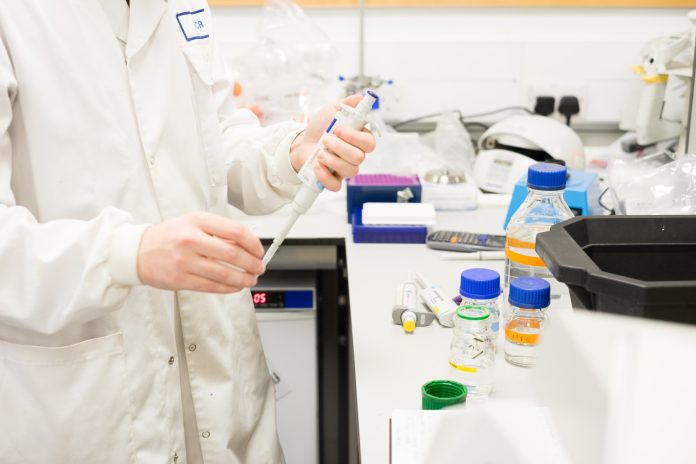A pioneering study, led by UK universities including the University of Manchester , has provided the most comprehensive analysis to date of the genetic makeup of colorectal cancer (CRC).
Cancers develop partly through genetic abnormalities within cells of the body. Colorectal cancer is a major cause of death worldwide, but we don’t yet have a full understanding of the genetic changes that cause it to grow. New research – published today in Nature – delivers an unprecedented view of the genetic landscape of CRC and its responses to treatment.
Utilising data from 2,023 bowel cancers from the 100,000 Genomes Project led by Genomics England and NHS England, the research team has identified new gene faults that lead to CRC. They’ve also uncovered new CRC cancer sub-groups (categories of cancer with specific genetic characteristics that affect how cancer behaves and responds to treatment). These findings offer profound insights into the disease’s development and potential treatment strategies.
Co-lead researcher, Professor David Wedge, Professor of Cancer Genomics and Data Science at the University of Manchester, said:
“This is the first really large study to come out of the 100,000 Genomes Project led by Genomics England and NHS England. In the coming months and years, I expect it to be followed by many more studies of different types of cancer as well as combined studies across all types of cancer, fuelled by the fantastic data resource provided by Genomics England.”







